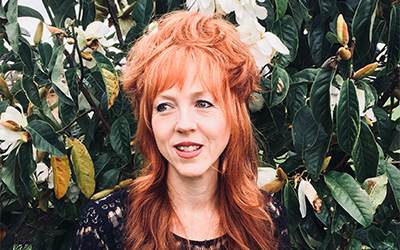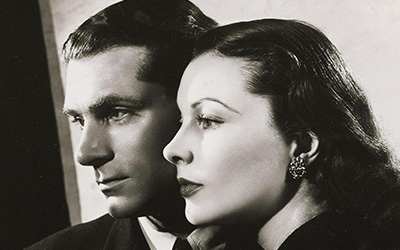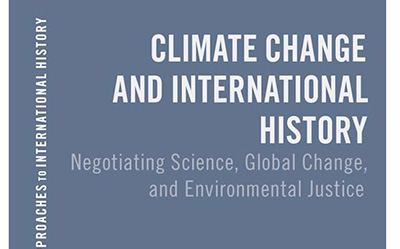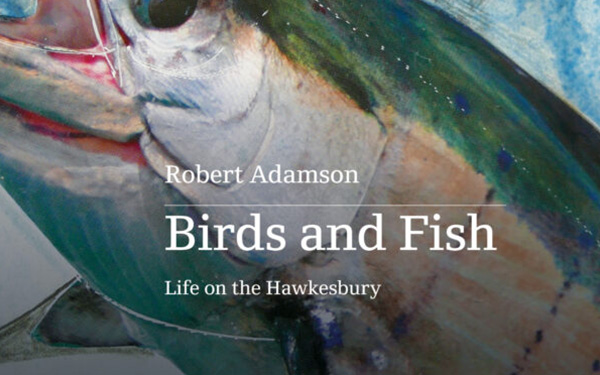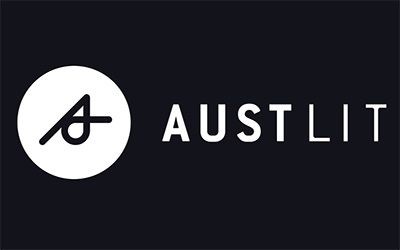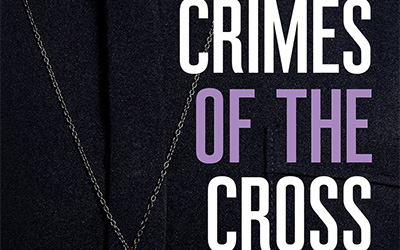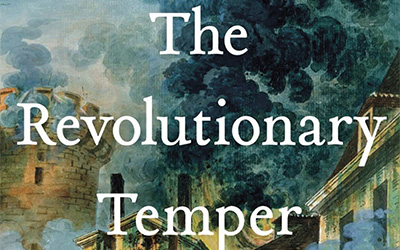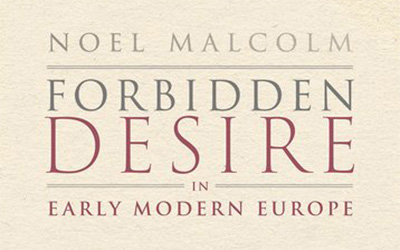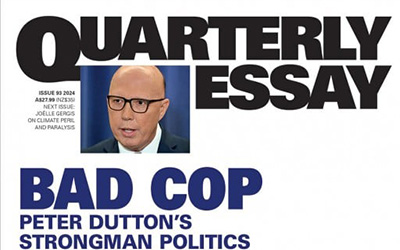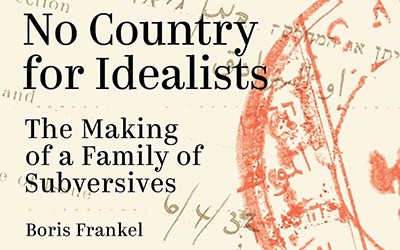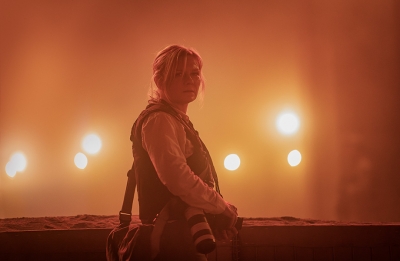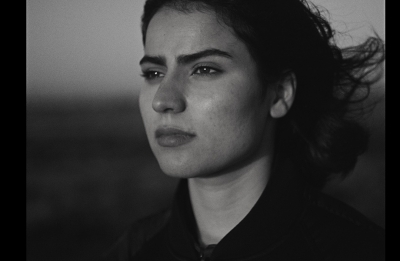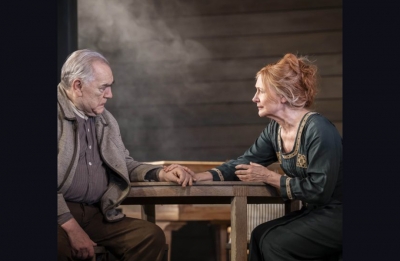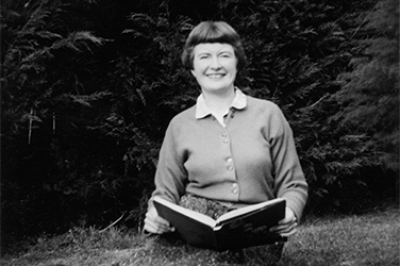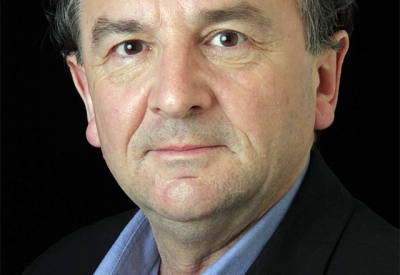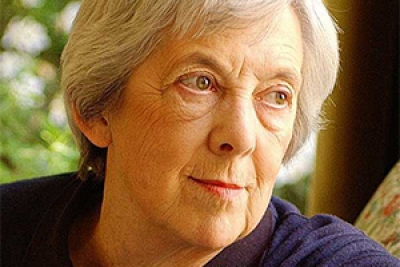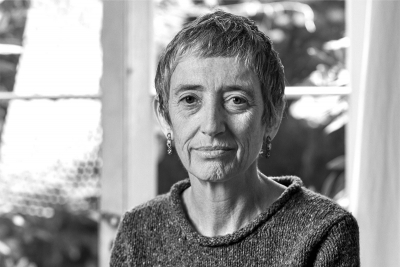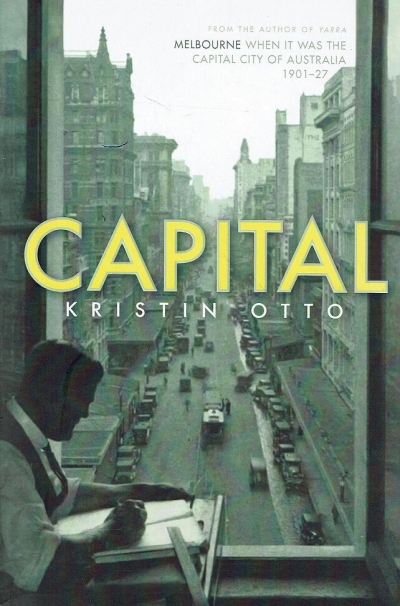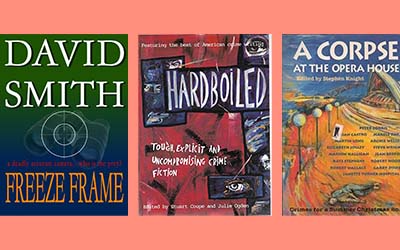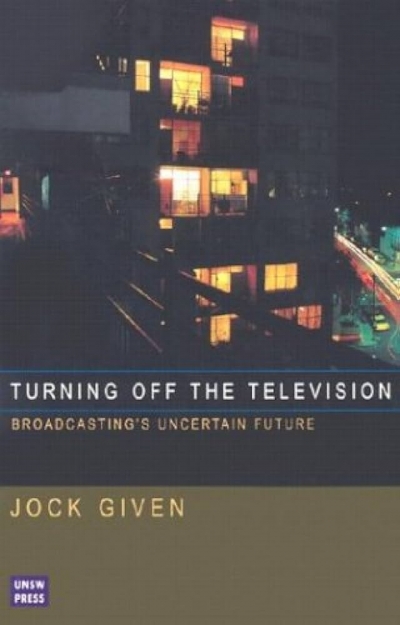Accessibility Tools
- Content scaling 100%
- Font size 100%
- Line height 100%
- Letter spacing 100%
Current Issue
Short story
'Slut Trouble', a new story by Beejay Silcox
Commentary
Gwen Harwood and the perils of reticence: Notes of a son and literary executor
When Ann-Marie Priest wrote to me in 2015 asking whether she might talk to me about her proposed biography of my mother, and requesting my permission to examine some correspondence in the Fryer Library, which I, as Gwen Harwood’s literary executor, had placed on restricted access, I replied with a terse refusal to cooperate. Since my mother’s death in December 1995, I had kept tight control of her vast correspondence, nearly all of which she had donated to various research libraries over the last two decades of her life, and I saw no reason to change my ways.
The ABR Podcast
PODCAST
The ABR Podcast
The ABR Podcast is released every Thursday and features reviews, poetry, fiction, interviews, and commentary. Subscribe via iTunes, Google, or Spotify, or your favourite podcast app.
Interview
Open Page with Louis Nowra
Interview
Critic of the Month with Brenda Niall
Interview
Emma Lew is Poet of the Month
From the Archive
Capital: Melbourne when it was the capital city of Australia 1901–1927 by Kristin Otto
Academic historians only took to urban history in any systematic way during the 1970s, but Melbourne, regardless of what historians might have had to say about it, has always had a strong sense of its own identity and culture. In the heyday of 1880s ‘Marvellous Melbourne’, journalist Richard Twopeny saw the city as representing ‘the fullest development of Australian civilisation, whether in commerce or education, in wealth or intellect, in manners and customs – in short, in every department of life’. English historian J.A. Froude, staying in style as a guest at Government House, saw Melbourne people as having ‘boundless wealth, and as bound-less ambition and self-confidence’; they were ‘proud of themselves and of what they have done’.
From the Archive
John Carroll reviews 'Freeze Frame' by David Smith, 'Hardboiled' edited by Stuart Coupe and Julie Ogden, and 'A Corpse at the Opera House' edited by Stephen Knight
Wildlife film-makers Richard Southeby and his wife Nicole Vander are filming a duck hunt at Great Dismal Swamp, North Carolina, where Greenpeace demonstrators plan to make their presence felt. Their fanatical leader, Simon Rosenberg, has a flowing beard and deeply troubled eyes. His idea is to get his troops in front of the guns, really provoke the shooters and obtain maximum publicity. Remind you of anyone? But then in the early stages of filming, Nicole is blown away into the swamp by an unseen assassin. Who’s responsible? Greenpeace crazies? Duck hunters? Or an international hired hitman known as the Jaguar? You guessed right.
From the Archive
Turning off the Television by Jock Given & Media mania by Hugh Mackay
At a recent Australian Broadcasting Authority conference, federal communications minister Senator Richard Alston conceded that the early adoption of digital television in Australia had been ‘modest’. More impartial observers of the transition to digital broadcasting in Australia have been less restrained. ‘A digital dead-end’ and ‘dismal failure’ are representative of recent media commentary on the subject.





